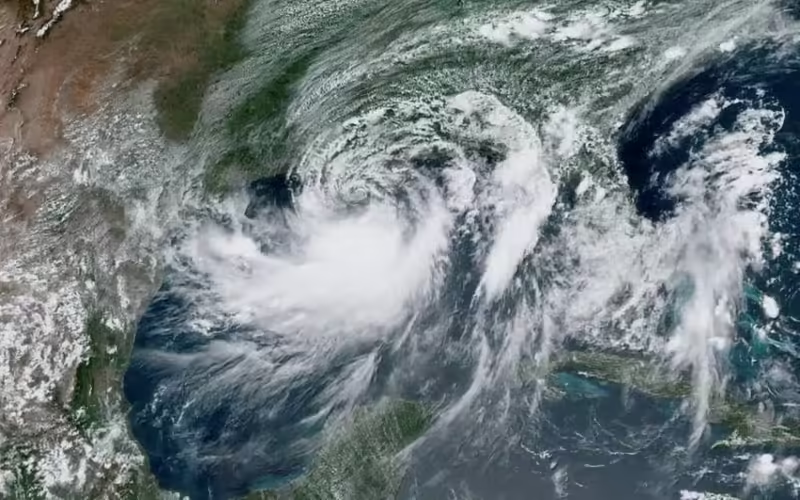New Delhi, October 25: Cyclone Dana has made a notable impact on Odisha, India, raising serious concerns about its potential for widespread destruction. This cyclone is alarming for several reasons: it threatens lives and properties, disrupts essential services, jeopardizes livelihoods, can cause long-lasting environmental effects, and tests the readiness of local authorities. In response, the Odisha government is taking proactive steps, such as cancelling doctors’ leaves, to ensure that emergency services are fully functional during this critical period.
Government Response to Cyclone Dana
To tackle the imminent threat posed by Cyclone Dana, the Odisha government has swiftly enacted measures to protect its citizens. One key action has been the cancellation of doctors’ leaves, which is vital for maintaining healthcare services throughout the cyclone’s impact. This decision underscores the government’s dedication to prioritizing public health and safety when facing natural disasters.
Importance of Emergency Services
Emergency services are crucial during times of natural disasters, as they provide medical care, rescue efforts, and support for those affected. The cancellation of doctors’ leaves is not simply a bureaucratic move; it is a strategic decision to strengthen the healthcare system. With an anticipated surge of patients due to injuries and health issues stemming from the cyclone, having a complete medical team ready to respond is critical.
Impact on Healthcare Workers
While this decision aims to enhance public safety, it can also impose significant stress on healthcare workers. Doctors and medical staff typically have personal commitments, and cancelling their time off may lead to increased pressure and burnout. It’s vital for the government to acknowledge the needs of these professionals, ensuring they receive the support and resources necessary to manage their responsibilities effectively.
Preparations for Cyclone Dana
In addition to cancelling leave, the Odisha government is implementing various preparatory measures. These actions include establishing relief camps, stockpiling essential supplies, and collaborating with local authorities for efficient disaster management. The importance of these preparations cannot be overemphasized; they are crucial for reducing the cyclone’s impact on communities. Local authorities are also being trained to handle emergencies, ensuring they are equipped to respond promptly and effectively.
The Role of Community Awareness
Community awareness plays a pivotal role in managing the effects of Cyclone Dana. The government has initiated awareness campaigns to educate citizens about safety measures and emergency protocols. By informing the public about potential risks and the steps they can take to protect themselves, the government empowers communities to respond proactively. This grassroots effort can greatly enhance the overall effectiveness of emergency services during the cyclone.
Collaboration with NGOs and Volunteers
Collaboration with non-governmental organizations (NGOs) and local volunteers is also essential in the disaster response. These groups provide vital support and resources on the ground. They assist in sharing information, distributing supplies, and helping with rescue operations. The partnership between government agencies and community organizations strengthens the overall response to Cyclone Dana.
Long-term Implications of Cyclone Dana
The consequences of Cyclone Dana extend far beyond the immediate rescue and relief efforts. The cyclone may have lasting repercussions on Odisha’s infrastructure, public health, and economy. It is important for the government to conduct thorough assessments after the storm to gauge the damage and develop recovery plans. Long-term strategies must focus on building resilience against future cyclones, reinforcing infrastructure, and enhancing disaster preparedness.
Cyclone Dana poses a significant challenge for the Odisha government and its people. Cancelling doctors’ leaves is a necessary measure to ensure emergency services remain operational. However, it is equally important to support healthcare workers and to involve communities in disaster readiness. By working together through proactive strategies, Odisha can face the challenges brought by Cyclone Dana and aspire toward a more resilient future.










